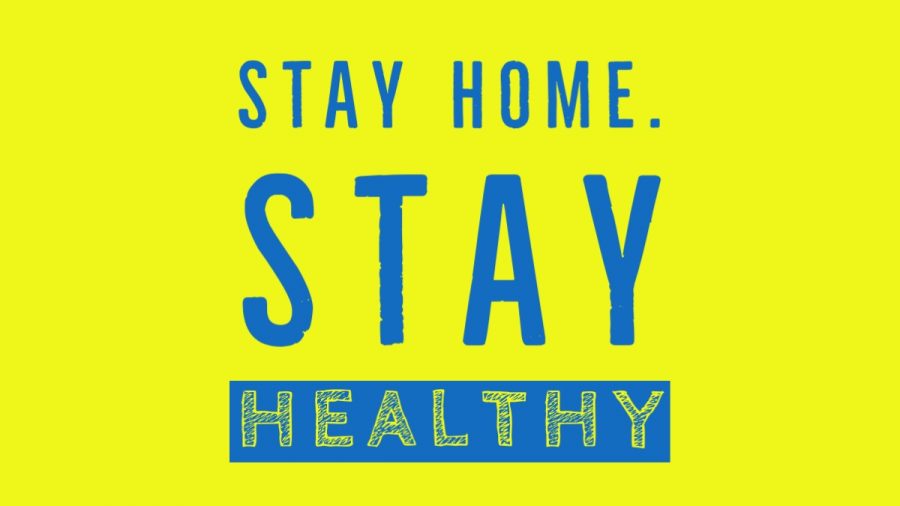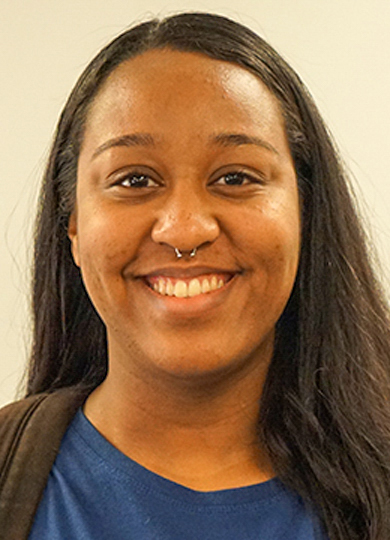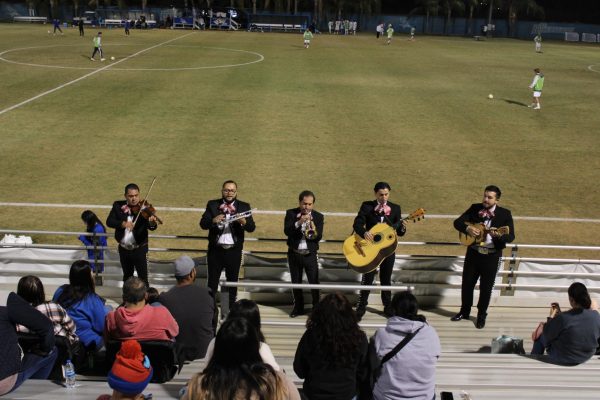CSUB makes the right call to protect students’ health by switching to online courses
The best way to prevent the spread of COVID-19 is to stay home, wash your hands often, and disinfect all surfaces often.
March 19, 2020
Schools in Kern County are closing and classes are moving online amid fear of COVID-19 spreading. On March 12, President Lynnette Zelezny sent out an email to CSU Bakersfield students notifying them that the university is suspending on-campus, in-person classes for the remainder of the spring semester, and that instruction would be switching over to online classes, still allowing for voluntary attendance prior to March 23. This mainly included classes that could not be easily transitioned online.
Five days later, on March 17, Zelezny sent out a new email cancelling all labs and face-to-face activities at CSUB until further notice starting March 18.
Although there were no confirmed cases in Kern County at the time of the email, the cancelling of in-person classes is necessary to prevent the spread of COVID-19. While there are things students and residents can do to prevent the spread of the virus without cancelling school, like washing their hands more often, disinfecting their phones, and avoiding touching their faces, this is a virus we still don’t know much about. Due to the current lack of understanding, it is important that everyone do these things and more.
In the United States, 80% of COVID-19 deaths come from adults over the age of 65, while there have been no severe cases or deaths in the United States among people 19-years-old or younger, according to a weekly report from the Centers for Disease Control and Prevention.
At-risk groups depend on the rest of the population to practice social distancing for their protection. Large gatherings, like a classroom full of students, may contribute to the spread of COVID-19 by way of travelers who attend these gatherings. It is unfair and irresponsible of schools to force students to stay in classrooms when students are still capable of carrying the virus and spreading it to the individuals that may be immunocompromised.
In-person classes were voluntary, but if they were giving staff the choice to teach the same content online early, should students have been given an option? If students were given an option, they might assume that the alternative is less beneficial. This may lead them to choose the option that can potentially harm them and anyone they come in contact with.
“Some professors have cancelled in-person meetings and started using the online transition, while others have said that we are still meeting in person this week. But if we’re sick, we are advised to not attend school,” stated a junior music student online, requesting to be kept anonymous at this time.
The student expressed that they are scared to not attend class, regardless of their health being compromised.
While in-person classes that were still meeting are in the best interest of the students’ education, it reveals little concern for the health of the students. However, this impractical transition to online classes only does bring more concerns.
“As an art student, my classes are now nonexistent,” Dusty Rose, a first year transfer student studying art and psychology, writes. She feels as if her experience and education is being taken away from her.
Likewise, science students are finding themselves struggling to learn the materials through online courses.
“Labs are getting cancelled, and the topics are very difficult to learn when they aren’t in person,” Reina De Leon, a human biology major, explains.
According to the transition plan email Zelezny sent out, March 23 through 26 will be the official week for faculty to prepare for the alternative delivery of their lectures to online, and to make any accommodations for CSUB students who require assistance. Many faculty members have already made the switch, and many students have positive thoughts on it for a variety of reasons.
“I don’t mind the transition because it is more flexible and has my health in interest,” Jose Ortega, junior anthropology major, notes.
Beyond the health benefits, the transition to online courses has given educators a chance to learn how some students may learn best. For some courses, student participation has increased after the switch to online classes with discussions.
“My online class offered more opportunity for students to ask questions in text chat who wouldn’t in person,” Chase Gause, a senior psychology major, observes.
It is better for CSUB to do more than is necessary than to do nothing before it’s too late.









